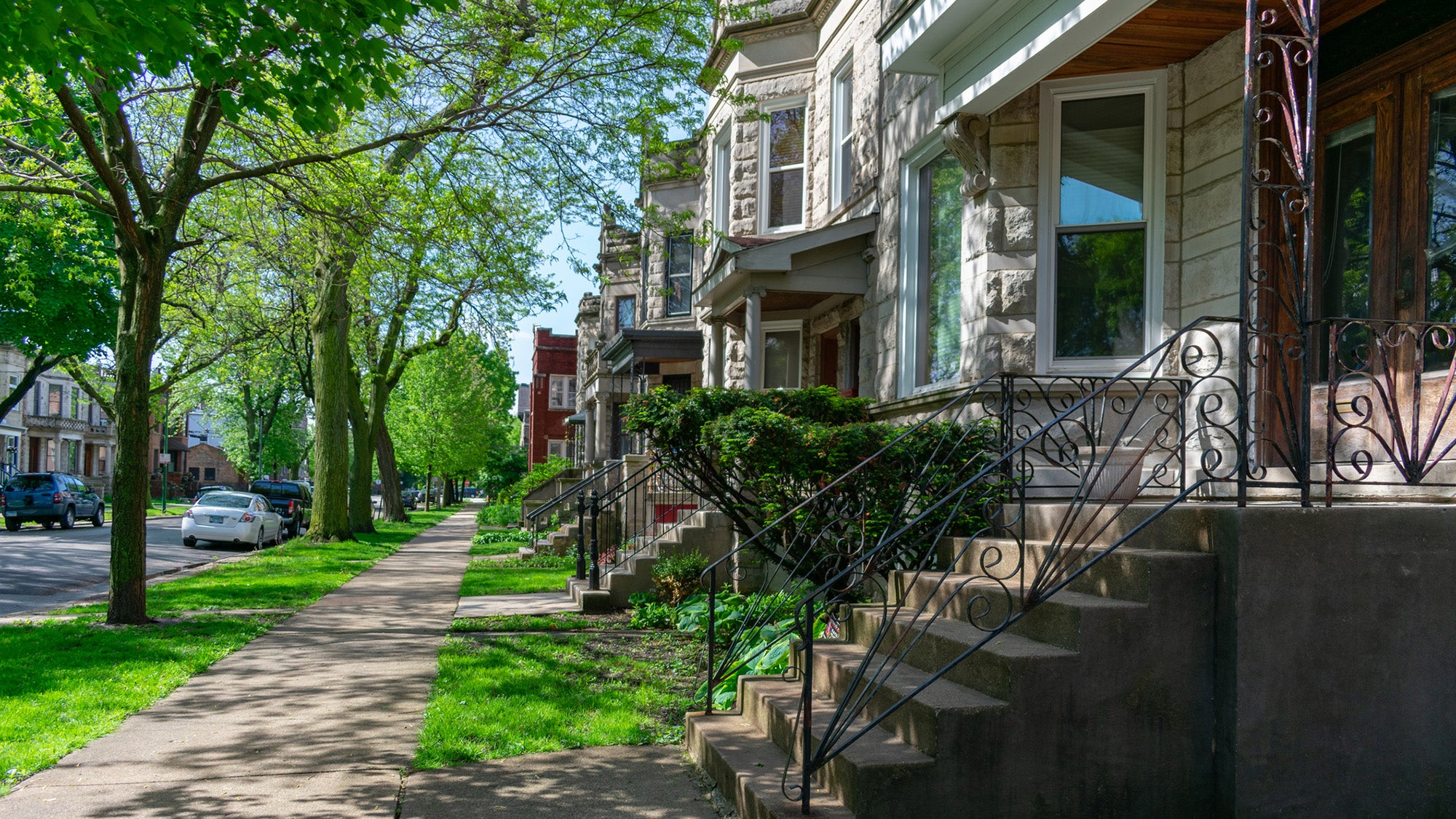Cleaner indoor air helps breathing, alters gut microbiome—and suggests new ways to fight pollution harms, study finds

Improving indoor air quality can not only reduce breathing problems—it can also lead to beneficial changes in the gut microbiome, according to a new study.
The gut-lung connection found in the study suggests that improving people’s microbiomes could potentially be a new way to protect people against the harms caused by air pollution, co-author Joseph Allen, associate professor of exposure assessment science at Harvard T.H. Chan School of Public Health and director of the Healthy Buildings program, wrote in a May 29 blog post.
The study was led by Peggy Lai, an associate professor of medicine at Massachusetts General Hospital and Harvard Medical School, and an associate in Harvard Chan School’s Department of Environmental Health. It was published May 21 in Environmental Health Perspectives.
“Most of us can’t control the air we breathe, but our study shows that air pollution changes the tiny microbes in our gut, which can affect how healthy our lungs are,” said Lai. “The good news is, by making healthy choices like eating well, we might help protect our bodies from some of the bad effects of air pollution.”
Although previous studies had suggested that air pollution can influence the gut microbiome—the mix of bacteria, viruses, and other microbes that live in the gut—the connection has not been clear. The new study, a randomized controlled trial, enabled the researchers to rule out other possible factors that can change the microbiome, such as people’s eating habits or socioeconomic status.
For the study, researchers looked at a group of women in rural Uganda—where kerosene lamps are typically used for lighting in homes—before and after they received indoor solar lighting systems. The researchers found that those who used solar lights had fewer breathing problems, and that changes in the women’s gut microbes, found after the air in their homes got cleaner, were linked to their breathing improvements.
Wrote Allen in his blog post on the Healthy Buildings website, “We saw clear changes in both the bacteria and viruses in the gut after the solar lighting was used.” The changes suggest, he wrote, that “cleaner energy at home could not only lower breathing problems, but also support a healthier microbiome—the helpful microbes in our bodies that we don’t always think about, but that play a big role in keeping us healthy. Our findings suggest that, in the future, when we try to reduce the health problems caused by air pollution, we should pay attention to the gut microbiome, using it as a sign of health and as something we can also work to improve.”
Allen noted that the study was funded by the National Institutes of Health (NIH)—“a type of study that will no longer get funded,” he wrote in a post on X. “Expanding such foundational science is exactly what NIH research excels at, and this discovery, made in Uganda, is relevant news for everyone’s health.”
Read the study: Effect of household air pollution on the gut microbiome and virome of adult women living in Uganda
Read Allen’s blog post about the study: How Cleaner Air Changes More Than Just Our Lungs: Findings from Rural Uganda



